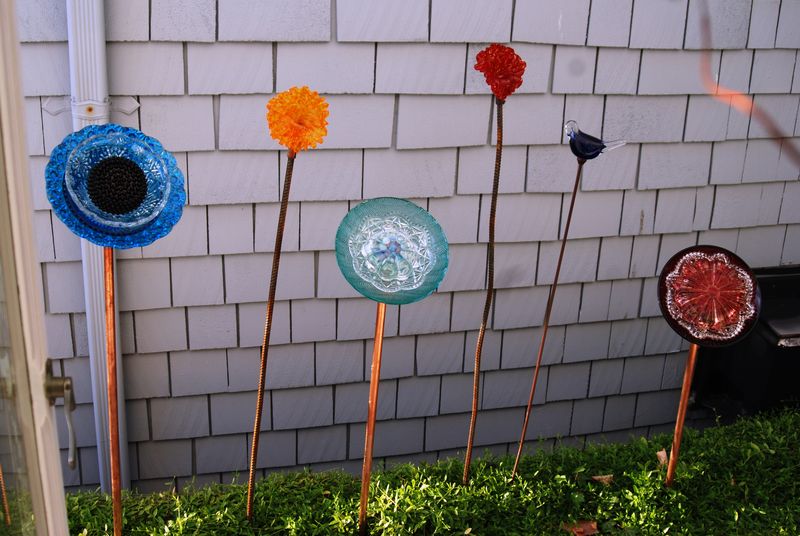You’ve probably heard of a “cash-out” refinance where a home owner is taking equity out of their home for home improvements, debt consolidation or if they’re paying off a second mortgage that was not obtained when they purchased their home. A “cash-in” refinance is a fairly new term and something I’m seeing first-hand due to the current insanely low mortgage rates.
Freddie Mac reports that “in the second quarter of 2010, 22 percent of homeowners who refinanced tehir first-lien home mortgage lowerd their principal balance…this ties the record for the third highest “cash-in” share since Freddie Mac began keeping records on refinancing patterns in 1985. The revised cash-in share in the first quarter was 18 percent.”
“Cash-in” means that the home owner is bringing funds to escrow for closing. Their loan amount is not high enough to cover closing costs and prepaids. Sometimes home owners, with a healthy savings, will opt to pay for closing costs separately instead of financing it into the new loan but a majority of home owners opt to have the cost added to their payoff amount, thus increasing their original principal balance. Some are deciding to plunk down enough cash to reach a certain loan amount or loan to value to obtain an improved interest rate. For example, a Seattle area homeowner with a current loan balance of $575,000 might decide to use $10,000 towards her loan amount to obtain a high balance conforming mortgage rate instead of a higher non-conforming/jumbo rate. (Current loan limits in King, Snohomish and Pierce County for a single family dwelling for high balance is $567,500). UPDATE 1/1/2012: Loan limits currently $506,000 for conventional and $567,500 for FHA (and may change following years).
Some home owners are doing this because of loan to value issues–not because they have an extra grand or two burning a hole in their pocket. I’ve had a few clients who have paid off and closed their home equity lines of credit to qualify. Or perhaps they have an appraisal come in slightly lower than expected, exceeding the allowed loan-to-value guidelines. For example, if a home owner in Bellevue was anticipating a minimum appraised value of $380,000 for his home to finance his Home Affordable Refinance loan amount of $399,000 with a 105% loan to value yet his appraisal comes in at $376,000; he could have his loan amount adjusted to 105% loan to value at $393,750, bringing in $5,250 to closing.
Funds for closing will need to be documented, just as they would a mortgagae being used a home purchase, with statements from the accounts the funds came from.
Frank Nothaft, Freddie Mac Vice President and Chief Economist states:
“Interest rates on fixed-rate mortgages are at 50-year lows, making refinancing attractive if borrowers qualify, and similarly rates on savings instruments like CDs are also very low, which makes the choice of paying down mortgage principal very attractive to borrowers with extra cash reserves.”
I’m happy to review your current mortgage scenario at no obligation to help determine if refinancing makes sense for you. The only catch is, your property needs to be located in located in Washington state since that’s where I’m licensed.
















Recent Comments